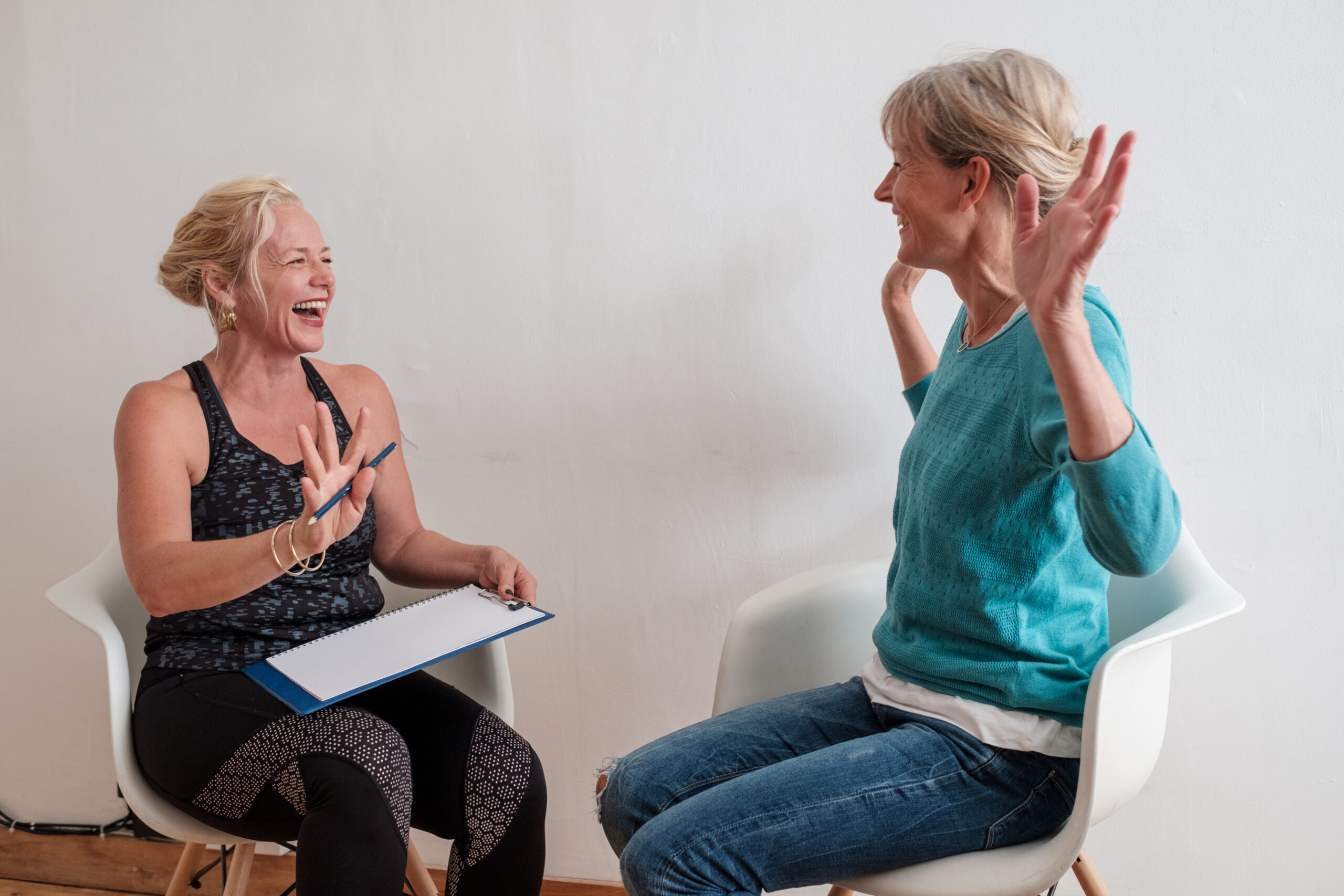Description
Who, When and Why can we treat?: Understanding: Section 17(o), Schedule 3A of The Health Protection (Coronavirus, Restrictions) Regulations 2020
The guidance from professional associations and various overarching advisory bodies of the complementary healthcare community has left many of us questioning the boundaries we should set regarding who, and under what conditions, we should see particular patients during lockdown or tier 4 restrictions.
The Directors of Jing Advanced Massage Training, Meghan Mari and Rachel Fairweather will guide you through the stipulations and appropriate decision making process so that you can feel confident that you are working safely and within the law.
Meghan Mari, holds a BA in Psychology from Binghamton University, and LLM International Law SOAS, LSE. She is a Licensed NY Massage NY LMT and Holistic Educator certified by National Holistic Institute Emeryville California, was a Board member of the CNHC 20015-2020 and is an award winning teacher and author.
Rachel Fairweather holds a BA in Psychology, Postgraduate Diploma in Social Studies, CQSW in Social Work, an Associates Degree in Massage Therapy from the New York College of Holistic Health Education and Research, is a licensed massage therapist in New York City and previous board member of the PSB for Massage Therapy of the CNHC, as well as an award winning teacher and author of “Massage Fusion: The JING method for the treatment of chronic pain”.
UPDATE: National lockdown approved by Parliament (updated 11 January 2021)
On 4 January 2021 the Prime Minister, Boris Johnson, announced that England would go into a national lockdown with effect from midnight that night. The Government published relevant guidance on the lockdown requirements. Under the section ‘Businesses and venues which can remain open’ it states, “The full list of these businesses can be found in the guidance on closing certain businesses and venues in England.”
The businesses that can remain open include, “dental services, opticians, audiology services, chiropody, chiropractors, osteopaths and other medical or health services, including services relating to mental health.” Under the legal advice we obtained during the November 2020 national lockdown in England, CNHC Registrants in England meet the definition of “other…health services, including services relating to mental health” contained in Section 17(o), Schedule 3A of The Health Protection (Coronavirus, Restrictions) (All Tiers) (England) Regulations 2020. The amended legislation on which Parliament voted today made no changes to that section of the Regulations.
This means, as a CNHC Registrant, you can continue to practise in England during the current restrictions if you meet the criteria set out below.
In order to stay within the remit of providing “other…health services, including services relating to mental health”:
- You must only provide the therapies you are registered for, on a one-to-one basis to clients, for an identified mental or physical health condition or injury that is causing them pain or having an adverse impact on their mobility or their quality of life.
- In compliance with Section D1 of the CNHC Code of Conduct, Ethics and Performance “you must recognise and work within the limits of your own knowledge, skills and competence”. (UPDATED 11 January 2021)
- You must be able to evidence that your therapeutic intervention is supporting your client with their condition. You can do this by recording their health condition and giving a clear rationale in your client’s care record for the treatment that you are providing.
- You cannot provide treatment to a client in their own home unless you have received a direct referral from a statutory regulated health professional.
- If your practice is based in your own home you can continue to work from there as long as it is COVID-secure. You can find our advice on following government guidance on working safely here.
We cannot stress enough the severity of the situation we are now in, with a surge in infection rates of the highly transmissible new variant of COVID-19 placing increasing pressure on the NHS. You must exercise the utmost caution and exercise your professional judgement in assessing the risks. You must carry out and record a risk assessment on whether the benefits of seeing a client in person outweighs the risks. Practise remotely where you can and follow our advice on following government guidance on working safely which you can find here.


